
The (Divine) purpose in (saying), “Lo, I will place a viceroy in the earth.” حکمت در انی جاعل فی الارض خلیفة
پس خلیفه ساخت صاحبسینهای تا بود شاهیش را آیینهای
Therefore He made a viceroy, one having a heart, to the end that he might be a mirror for His sovereignty;
بس صفای بیحدودش داد او وانگه از ظلمت ضدش بنهاد او
So He endowed him with infinite purity (spiritual light), and then set up against him a contrary (in the form) of darkness.
دو علم بر ساخت اسپید و سیاه آن یکی آدم دگر ابلیس راه
He made two banners, white and black: one (was) Adam, the other (was) the Iblís (Devil) of the Way (to Him).
در میان آن دو لشکرگاه زفت چالش و پیکار آنچ رفت رفت
Between those two mighty camps (there was) combat and strife, and there came to pass what came to pass.
همچنان دور دوم هابیل شد ضد نور پاک او قابیل شد
Likewise in the second period Hábíl (Abel) arose, and Qábíl (Cain) became the antagonist of his pure light.
همچنان این دو علم از عدل و جور تا به نمرود آمد اندر دور دور
Even so (were) these two banners of justice and iniquity (continuing to be raised) till in the course of time the period of Nimrod arrived.
ضد ابراهیم گشت و خصم او وآن دو لشکر کینگزار و جنگجو
He became the antagonist and adversary of Abraham, and those two armies waged war (against each other) and sought battle.
چون درازی جنگ آمد ناخوشش فیصل آن هر دو آمد آتشش
(At last) when He was displeased with the prolongation of the strife, His fire became the (means of) decision between the twain.
پس حکم کرد آتشی را و نکر تا شود حل مشکل آن دو نفر
So He caused a fire to be His arbiter and servant, in order that the difficulty (controversy) of those two persons might be solved.
دور دور و قرن قرن این دو فریق تا به فرعون و به موسی شفیق
These two (contrary) parties (carried on the struggle) from period to period and from generation to generation, down to (the time of) Pharaoh and God-fearing Moses,
سالها اندر میانشان حرب بود چون ز حد رفت و ملولی میفزود
Between whom there was war for (many) years. When it passed (all) bounds and was causing excessive weariness,
آب دریا را حکم سازید حق تا که ماند کی برد زین دو سبق
God made the water of the sea His arbiter, that it might be left (to the sea to decide) which of these two should prevail.
همچنان تا دور و طور مصطفی با ابوجهل آن سپهدار جفا
So (it went on) till the period and time of Mustafá (Mohammed), (who contended) with Abú Jahl, the general of the army of iniquity.
هم نکر سازید از بهر ثمود صیحهای که جانشان را در ربود
Moreover He (God) appointed a servant for (the destruction of) Thamúd, (namely), the (awful) Cry that took away their lives.
هم نکر سازید بهر قوم عاد زود خیزی تیزرو یعنی که باد
Moreover He appointed a servant for (the destruction of) the people of ‘Ád, one that rises quickly and moves rapidly, that is (to say), the Wind.
هم نکر سازید بر قارون ز کین در حلیمی این زمین پوشید کین
Moreover He appointed a discerning servant for (the destruction of) Qárún (Korah): He endued the graciousness of the Earth with enmity,
تا حلیمی زمین شد جمله قهر برد قارون را و گنجش را به قعر
So that the graciousness of the Earth turned entirely to wrath, and she bore Qárún and his treasure down to the abyss.
لقمهای را که ستون این تنست دفع تیغ جوع نان چون جوشنست
In the case of the food that is a pillar (support) for this body, bread is like a breastplate to repel the sword of hunger;
چونک حق قهری نهد در نان تو چون خناق آن نان بگیرد در گلو
(Yet) when God puts a (motive of) wrath into your bread, that bread will stick in your gullet (and choke you) like a quinsy.
این لباسی که ز سرما شد مجیر حق دهد او را مزاج زمهریر
This garment that protects you from the cold God gives it the temperature of intense frost,
تا شود بر تنت این جبهی شگرف سرد همچون یخ گزنده همچو برف
So that this greatcoat on your body becomes cold as ice and biting as snow.
تا گریزی از وشق هم از حریر زو پناه آری به سوی زمهریر
(This He does) in order that you may flee from the fox-fur and silk and take refuge from them with the intense cold.
تو دو قله نیستی یک قلهای غافل از قصهی عذاب ظلهای
You are not the (statutory) two qullas (ewers), you are (only) one ewer: you have forgotten the (Divine) chastisement inflicted by an overshadowing cloud.
امر حق آمد به شهرستان و ده خانه و دیوار را سایه مده
In town and village, to (every) house and wall came the command of God, “Give no shade!
مانع باران مباش و آفتاب تا بدان مرسل شدند امت شتاب
Do not ward off the rain and the (heat of the) sun!” so that the people went in haste to that Apostle (Shu‘ayb),
که بمردیم اغلب ای مهتر امان باقیش از دفتر تفسیر خوان
Crying, “We are dead for the most part: mercy, O Prince!” Read the rest of it in the book of commentary (on the Qur’án).
چون عصا را مار کرد آن چستدست گر ترا عقلیست آن نکته بس است
Since that deft-handed One made the rod (of Moses) a serpent, that instance is enough if you have any intelligence.
تو نظر داری ولیک امعانش نیست چشمهی افسرده است و کرده ایست
You possess (the faculty of) consideration, but it does not go deep (into the subject): it is a frozen spring and has stopped (flowing).
زین همی گوید نگارندهی فکر که بکن ای بنده امعان نظر
Hence the (Divine) Artist who depicts thoughts is saying, “Consider deeply, O (My) servant.”
آن نمیخواهد که آهن کوب سرد لیک ای پولاد بر داود گرد
He does not mean (to say), “Beat cold iron,” but (what He means is) “O (thou who art hard as) steel, devote thyself to David.”
تن بمردت سوی اسرافیل ران دل فسردت رو به خورشید روان
If your body is dead, resort to Isráfíl; if your heart is frozen, repair to the sun of the Spirit.
در خیال از بس که گشتی مکتسی نک بسوفسطایی بدظن رسی
Inasmuch as you have wrapped yourself in the garment of phantasy, lo, you will (soon) reach (the position of) the evil-minded sophist (sceptic).
او خود از لب خرد معزول بود شد ز حس محروم و معزول از وجود
Verily he was dispossessed of the kernel (which is) Reason: he was dispossessed of (true) perception and deprived of (immediate) experience.
هین سخنخا نوبت لبخایی است گر بگویی خلق را رسوایی است
Hark, O mouther, ’tis the hour for mumbling: if thou speak (clearly) to the people, ’tis a shameful exposure.
چیست امعان چشمه را کردن روان چون ز تن جان رست گویندش روان
What is (the meaning of) im‘án? (It means) causing the spring to flow: when the spirit (ján) has escaped from the body, they call it rawán.
آن حکیمی را که جان از بند تن باز رست و شد روان اندر چمن
The sage whose spirit was delivered from the bondage of the body and began to wander (rawán) in the garden (of Reality)
دو لقب را او برین هر دو نهاد بهر فرق ای آفرین بر جانش باد
Bestowed two (different) titles on these two (spirits) in order to distinguish (the one from the other). Oh, may his spirit be blest!
در بیان آنک بر فرمان رود گر گلی را خار خواهد آن شود
(Now hear a story) showing that if he who walks according to the (Divine) command wishes a rose to become a thorn, it will become that.
Special Offers
by: Reza about (category: Masnavi, Persian Poetry)


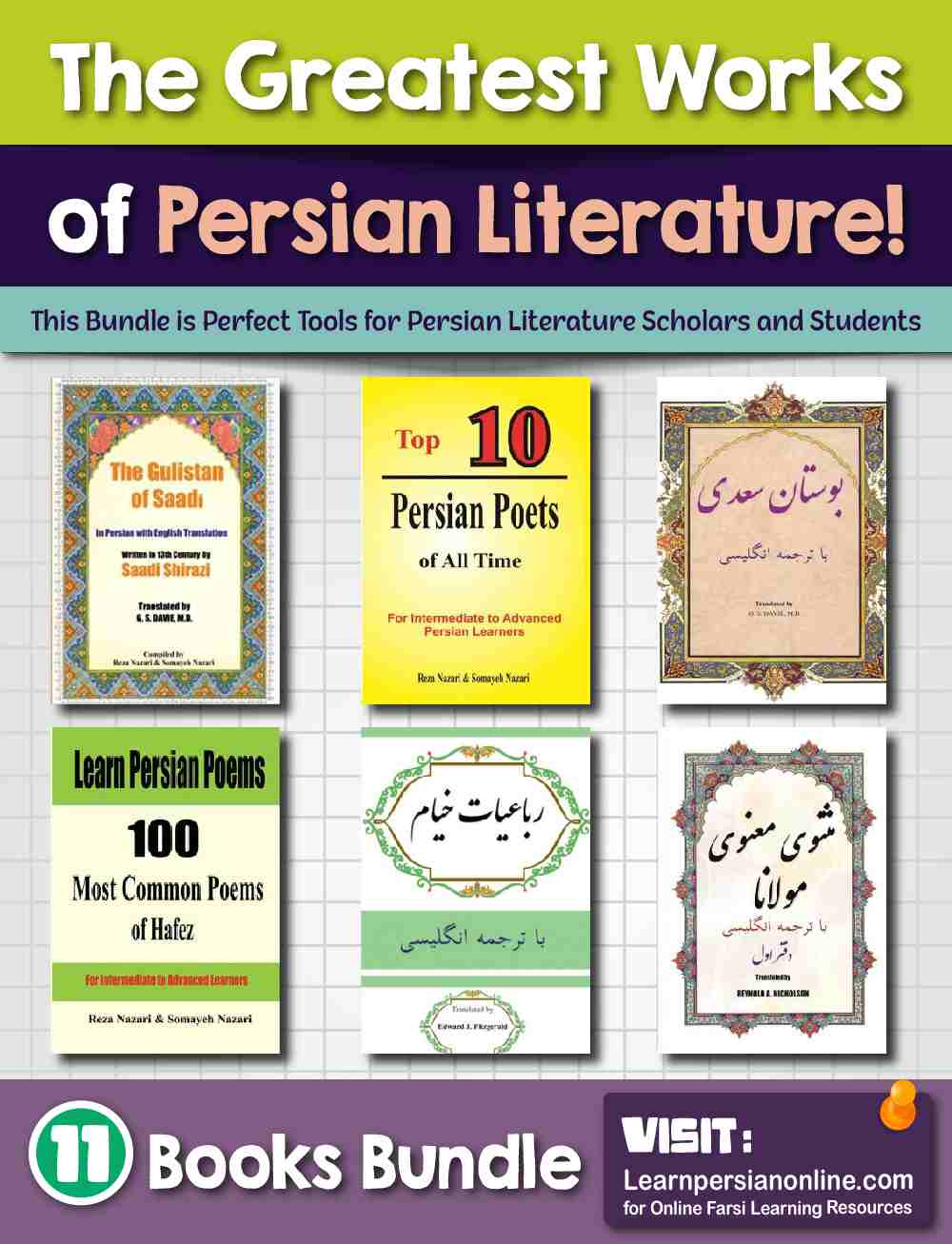
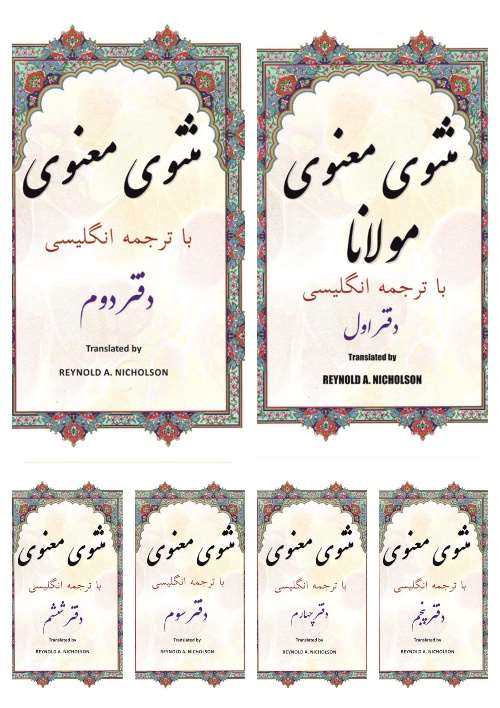
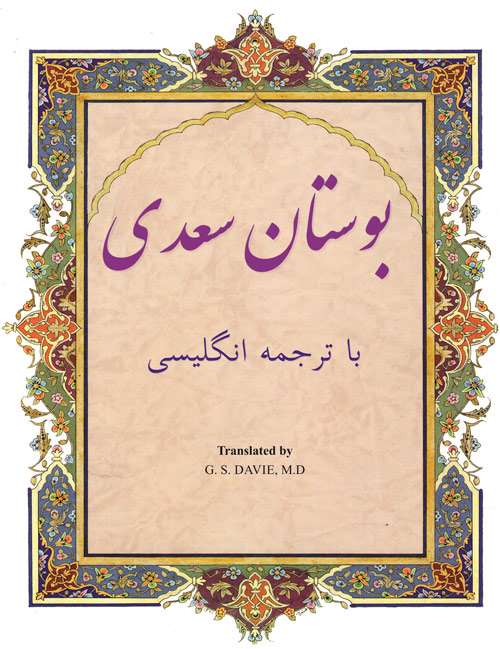
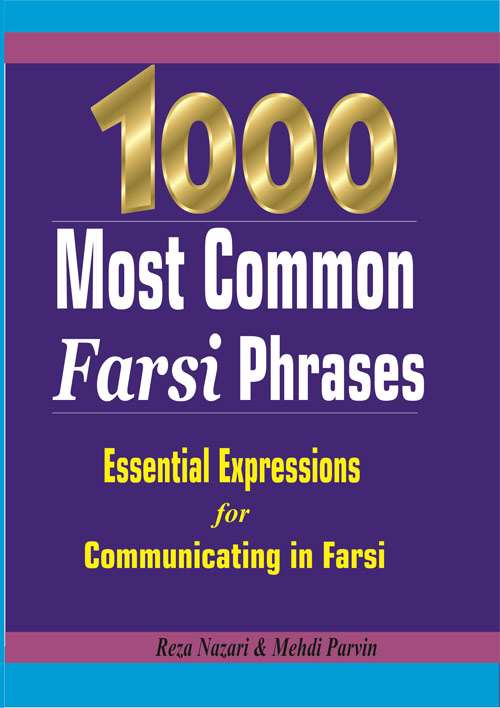
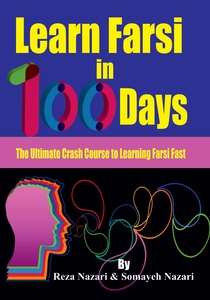






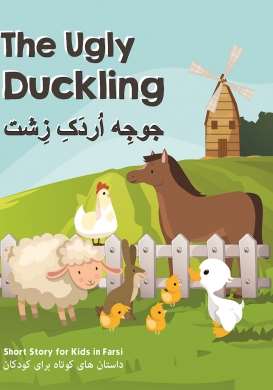
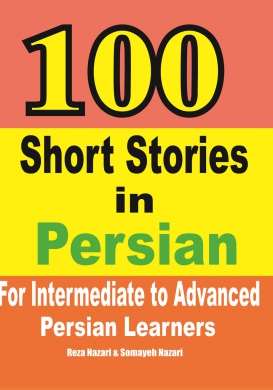
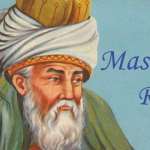
What people say about "The (Divine) purpose"?
No one replied yet.